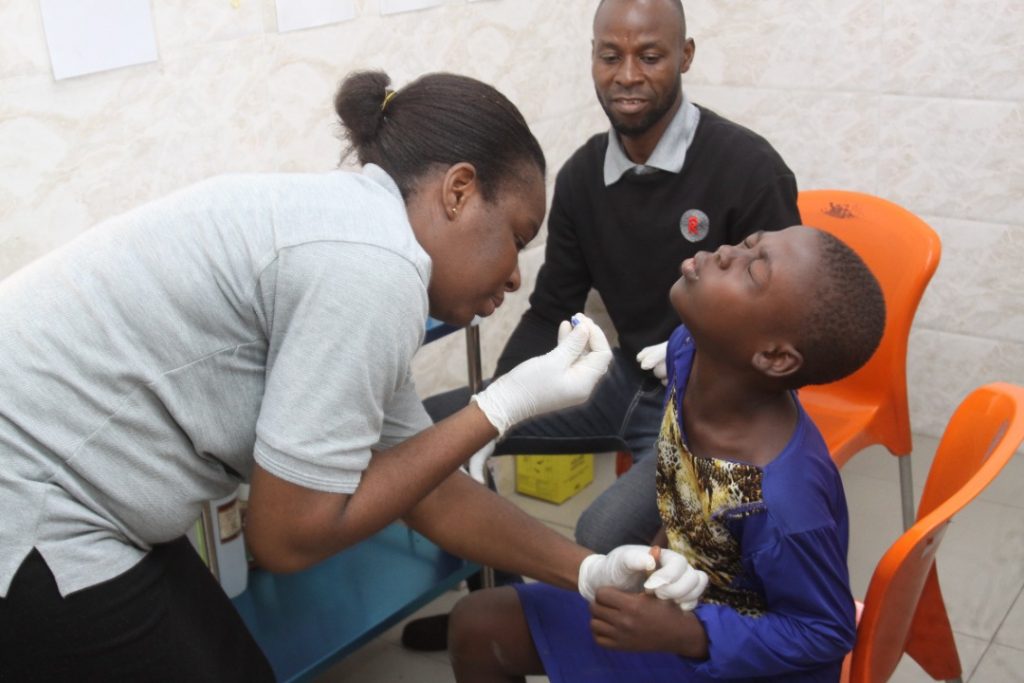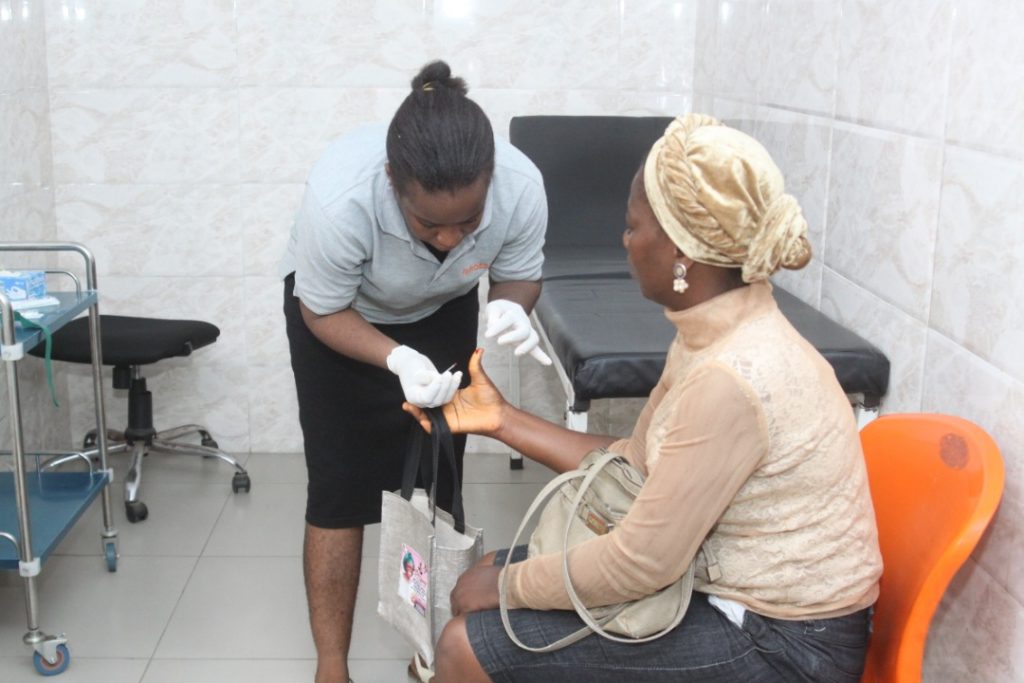As part of activities to celebrate its third anniversary and commemorate the ‘World Malaria Day’; Famacare, a healthcare provider committed to providing primary healthcare services to residents of densely populated areas, on Monday, April 25, 2022, conducted free malaria testing for Egbeda and Abule-Egba communities in Lagos State.
The free testing held simultaneously in both locations, aimed to reduce the scourge of Malaria in these areas. In Alimosho LGA of Lagos State, the largest and most populated area of Lagos State, Egbeda and Abule-Egba are host communities of the two Famacare centres.

Speaking on the rationale for the event, Uzor Ofulue, the Chief Executive Officer of Famacare, noted that the free medical exercise is part of the organisation’s effort to give back to the society by complementing the government’s efforts at eradicating Malaria in Nigeria.
She said: “Malaria is one of the most severe diseases in tropical and subtropical regions. It is a leading cause of death and disease in many developing countries, including Nigeria, where children and pregnant women are most vulnerable. According to the 2021 World Malaria Report, almost half of the world’s population (7.9 billion) live in areas at risk of malaria transmission in 87 countries and territories.”
She explained that Africa is unarguably the most affected due to poverty and low living standards. The World Health Organisation (WHO) estimates that no less than 600,000 people die from Malaria every year.

According to the National Association of Hospital and Administrative Pharmacists of Nigeria (AHAPN), Nigeria has approximately 100 million cases of Malaria and over 300,000 deaths reported annually. According to the World Health Organisation (WHO), this is about 50 per cent of the total malaria burden in Africa, with 97 per cent of the total population (approximately 173 million) at risk of infection.
“In commemoration of this year’s ‘World Malaria Day’, we decided to test residents for free and treat those who tested positive for the malaria parasite.
“This is because, like most diseases, early detection is vital to reducing complications. While we always advocate for prevention, we don’t deny that one significant risk factor for Malaria is living in overpopulated environments.
“Sadly, many Nigerians say Malaria is a ‘normal’ thing and opt to self-medicate with the wrong drugs or local herbs. This has unfortunately led to many preventable deaths. This has informed this free testing and treatment,” she said.
For the third anniversary celebration, Famacare presented 12 members of staff with certificates of appreciation for their contribution to the organisation.
There was also a tour of the Flagship Centre in Egbeda.













